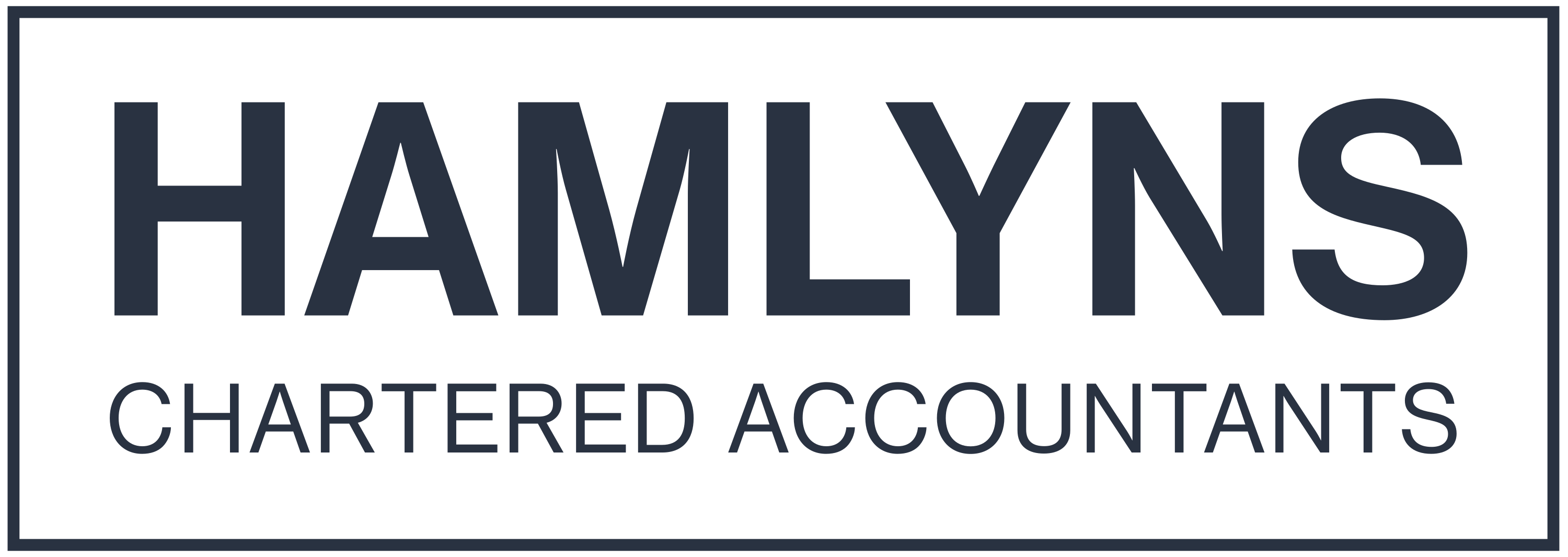Understanding Using Your Home for Business
With flexible, remote and hybrid work becoming more common following the COVID-19 pandemic, many people are considering using their residential properties as the places where they run their businesses. It’s also common for self-employed professionals to use part of their homes for business purposes; some may use it for a few hours a week while others may use it as their sole business location.
Using your home for business purposes can provide convenience benefits, tax advantages, and plenty of additional rewards. However, there are key factors to consider when utilising part of your home as an office, workshop, or other commercial use. What’s more, you may need to request specific permission before doing so, depending on the property you live in and the business you’ll be running.
This guide examines the key tax implications, allowable expenses, and record-keeping best practices for UK homeowners operating a business from their residence. Understanding these elements can help maximise tax relief and ensure compliance.
Tax Implications of Using Your Home for Business
If you use any area in your home exclusively for business, a proportion of the property can be treated as business premises for tax purposes. This means you may be eligible for tax relief on allowable expenses, the specifics of which have been highlighted below.
However, be mindful that if you later sell the property, a proportion of any gain could be subject to Capital Gains Tax based on business use. When relating expenses incurred by working from home, it’s important to pay close attention to the relevant legislation applicable to the self-employed, directors, or employees.
It’s wise to keep thorough records showing time and areas devoted to business versus personal use, as the legislation underpinning expense deductibility differs from role to role.
Allowable Expenses
As a general rule of thumb, the common allowable expenses include:
- Utility bills – You can claim a percentage of your utility bills based on the business portion of your home.
- Home insurance – Like utilities, a proportion can be claimed provided that your insurer is aware of the business use of your home.
- Business phone and broadband – If you have dedicated business landlines or broadband, these are 100% deductible.
- Repairs and maintenance – Business-related repairs like fixing office equipment or maintaining workshop areas can be deducted.
- Cleaning – Cleaning costs for business zones in your home are allowable expenses.
- Rent – If you rent your home, you can claim rent based on floor space used for business, provided you have sought your landlord’s permission to use the property in a business capacity.
- Mortgage interest – You can only claim the interest portion of your mortgage repayments, not the capital repayment amount.
- Depreciation – You can claim revenue expenditure for items like furniture, fixtures and equipment used in connection with converting part of your home into an office.
Keep thorough records of all these expenses, including receipts, purchase orders and financing agreements. Tracking usage and spending makes calculating allowable proportions simpler. It’s highly recommended that you seek professional accounting and bookkeeping advice to ensure that all expense claims are valid and submitted.
Capital Gains Tax Relief
When you eventually sell your home after using part of it for business, you can claim relief on the Capital Gains Tax owed based on business use. When disposing of assets like shares, interests and other investments associated with your business, the fact that you have used your home for business purposes may influence how much CGT you must pay.
However, this tax law is complicated, but we can help you understand the CGT relief you could be entitled to reduce or remove your liability.
Make sure to keep records of the space, assets and time devoted to business activities.
Self-Employment Tax Obligations
If you are self-employed and working from home, remember you need to report your business income and expenses through a self-assessment tax return. It’s important to note that filing your SA tax return late – after 31st January following the relevant tax year – can lead to penalties. If you are unsure whether you need to complete a self-assessment return, we can help you.
With the right record-keeping methods in place, you can maximise allowable expense claims while ensuring accurate tax returns. Poor record keeping can lead to errors, triggering audits or fines.
If you are concerned in any way at all or are looking for assistance with your tax return completion, we can help.
How to Claim for a Tax Deduction
To receive tax relief on allowable home business expenses, you must proactively claim these deductions when filing your annual self-assessment tax return.
Calculate allowable costs – Based on your detailed records and the business proportion of your home, calculate the total amount of each expense you can claim.
Complete form SA100 – This form from HMRC is used to record allowable expenses and total deduction amounts when using your home for work.
Attach forms and receipts – Include completed SA100, copies of receipts, and any other evidence to support your deduction claims.
Declare on tax return – When submitting your self-assessment, ensure you carefully declare the home business expenses using the figures on your SA100.
Review and validate – HMRC may request additional details to validate your home business deduction claims.
Accounting to Help Make the Home-for-Business Process Simple
Using part of your home for business can be an effective strategy, but working closely with expert chartered accountants like Hamlyns ensures you fully understand the tax implications and that your compliance is optimised.
If you are to take anything away from this short guide, it’s to track your business usage areas accurately to claim any applicable tax relief to you. Be aware of all the allowable expenses and CGT implications that may affect you if you need to display evidence. Most importantly, maintain clear records of all business-related purchases for your home setup to support any claims and tax returns.
For proactive, professional accounting support, Hamlyns are here to help you throughout this process. Please contact us today if you need guidance about using your home for business purposes in any way.

Patrick Collins
Tax Director






